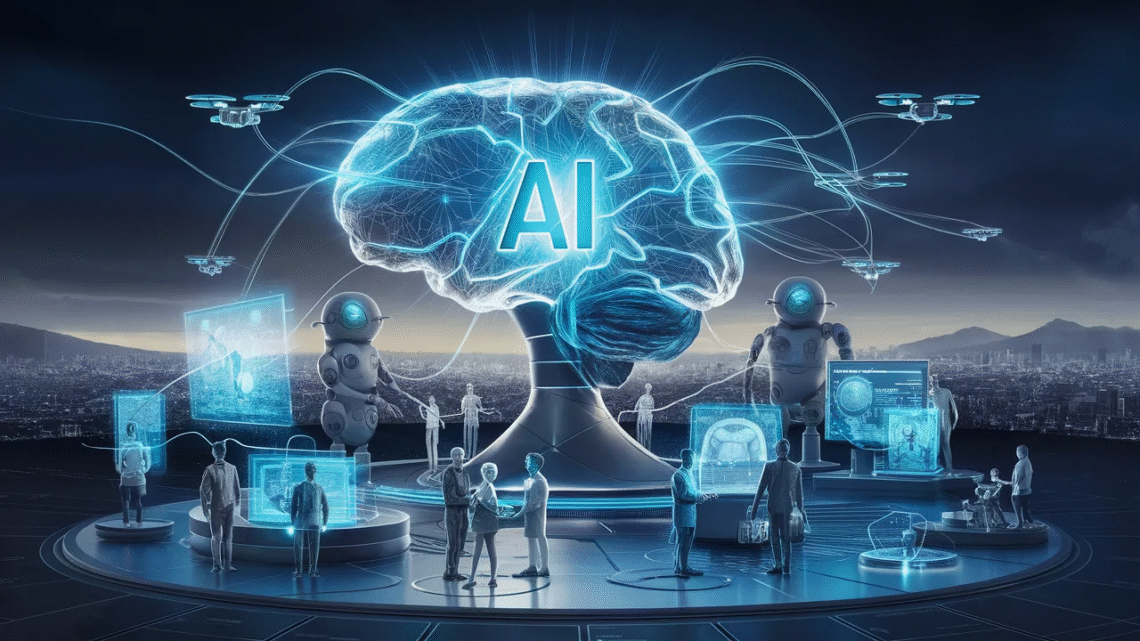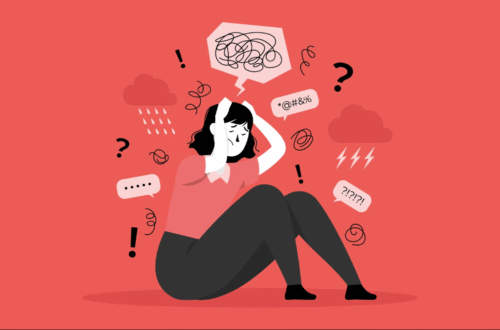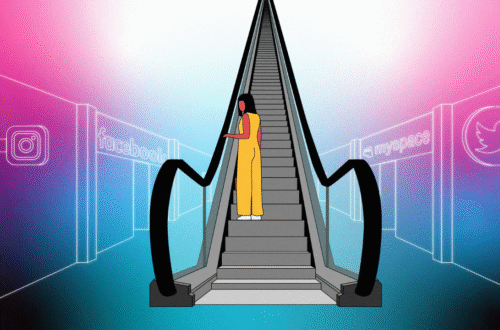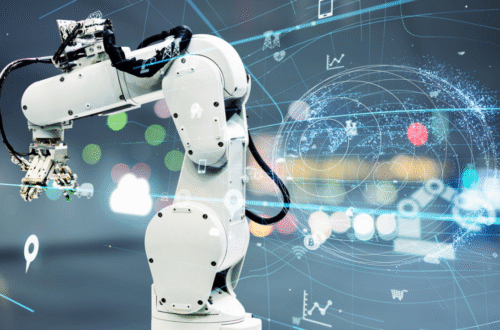In just a few short decades, artificial intelligence has gone from being a sci-fi concept to an essential part of our everyday lives. From voice assistants to automated customer service, AI is already deeply integrated into how we live and work. But this is only the beginning. By 2030, artificial intelligence will not just support our lives — it will help shape and define them in ways most of us can hardly imagine today.
As we look ahead, the question isn’t whether AI will reshape our lives, but how — and how much.
Everyday Convenience Gets Smarter
Today, most people interact with AI without even realizing it. When you ask your phone for directions or let Netflix recommend a movie, you’re using AI. But by 2030, AI will move from being a helpful tool to a proactive assistant in all areas of daily life.
Smart homes will be more intelligent and intuitive. Your AI assistant will know your schedule, moods, and habits. It will automatically adjust lighting, temperature, and even background music to fit your mood. Appliances will communicate with each other to reduce energy waste. Your fridge could notify you about spoiled food or suggest recipes based on what’s inside.
AI will also take the stress out of daily decision-making. Whether it’s booking travel, scheduling appointments, or even managing finances, AI will act as a personal manager, taking care of routine tasks and helping you focus on what matters most.
Revolutionizing Healthcare
Healthcare will likely be one of the areas most dramatically transformed by AI. Already, algorithms are being used to diagnose diseases, analyze medical scans, and even predict health risks based on genetics or lifestyle. By 2030, these technologies will become far more advanced, accessible, and personalized.
Imagine getting a full health analysis from a smart mirror each morning — checking for changes in your skin, posture, or facial features that could indicate health issues. AI could detect early signs of conditions like diabetes, heart disease, or even cancer before you feel a single symptom.
Remote care will become standard. Virtual AI doctors will handle most consultations, while human doctors focus on more complex issues. Wearable devices will continuously monitor your vital signs and alert you or your healthcare provider when something needs attention. With AI, healthcare will become more preventative, efficient, and tailored to individual needs.
Changing the Way We Work
The workplace is already evolving thanks to automation, and AI will continue to drive that change. Routine and repetitive tasks will increasingly be handled by machines, freeing up humans for more creative, strategic, and interpersonal roles.
AI-powered tools will assist workers in all industries. In journalism, AI might draft articles based on data; in law, it will review contracts and predict outcomes; in finance, it will analyze markets and manage investments with incredible precision. Collaboration between humans and AI will be essential, with AI acting as a powerful co-pilot.
However, this shift will also raise important questions. As some jobs become obsolete, others will be created. Reskilling will become a lifelong process. Workers will need to develop new competencies in areas like critical thinking, emotional intelligence, and digital literacy. Governments and organizations will need to support this transition with robust education and training programs.
Education Gets a Personalized Upgrade
Education by 2030 will no longer follow a one-size-fits-all model. Thanks to AI, learning will be personalized to fit each student’s pace, interests, and strengths. Instead of fixed curriculums, students will follow adaptive learning paths that evolve based on their performance and feedback.
Virtual tutors will be available 24/7, offering one-on-one assistance in any subject. AI will identify gaps in knowledge and suggest resources to help students improve. Teachers will have more time to focus on mentoring, creativity, and emotional support, as AI handles grading and administrative tasks.
Education will also become more accessible. Remote learning, powered by AI-driven platforms, will reach students in remote or underserved areas, making quality education truly global.
Smarter Cities and Infrastructure
Cities of the future will be more intelligent, efficient, and livable — thanks largely to AI. Traffic systems will predict and manage congestion in real-time. Public transport will be optimized based on demand. AI will monitor air quality, energy usage, and waste management, making cities more sustainable and responsive.
Smart buildings will adapt to occupancy levels, reducing energy costs. AI-powered surveillance and emergency response systems will improve public safety. Urban planning will be data-driven, ensuring resources are used efficiently and equitably.
For citizens, this means better services, faster response times, and a more seamless urban experience.
Ethical Questions and Human Responsibility
With great power comes great responsibility. The rise of AI by 2030 will bring serious ethical challenges that society must address. Issues of data privacy, algorithmic bias, surveillance, and the potential misuse of AI will be front and center.
Who owns the data collected by AI systems? How do we prevent discrimination or bias in AI decision-making? What happens when machines make mistakes? These are not futuristic concerns — they are current and growing realities.
The development of AI must be guided by strong ethical frameworks. Transparency, fairness, and accountability must be built into every system. It will also require collaboration between governments, tech companies, researchers, and civil society to ensure AI serves humanity, not the other way around.
The Human Side of the AI Future
One of the biggest myths about AI is that it will make human beings less relevant. In truth, the future of AI is not about replacing humans — it’s about enhancing human potential.
By taking over routine tasks, AI will free us to focus on creativity, empathy, and innovation. It will help us solve some of the world’s biggest challenges — from climate change to healthcare access to global education. But it will also force us to rethink what it means to be human in a world where machines can think, learn, and act.
This is why the future of AI isn’t just a technological issue — it’s a human one.
Conclusion
The phrase “Tech is Future” isn’t just a tagline. It’s a reality we are moving toward every day. By 2030, artificial intelligence will touch every part of our lives, transforming how we live, work, learn, and connect.
The key to making this future a positive one lies in how we develop, regulate, and relate to this powerful technology. If guided wisely, AI can help us build a future that is not only more advanced but more humane, inclusive, and sustainable.
The future is coming fast. And thanks to AI, it might just be brighter than we ever imagined.
Keep an eye for more latest news & updates on TechIsFuture!





